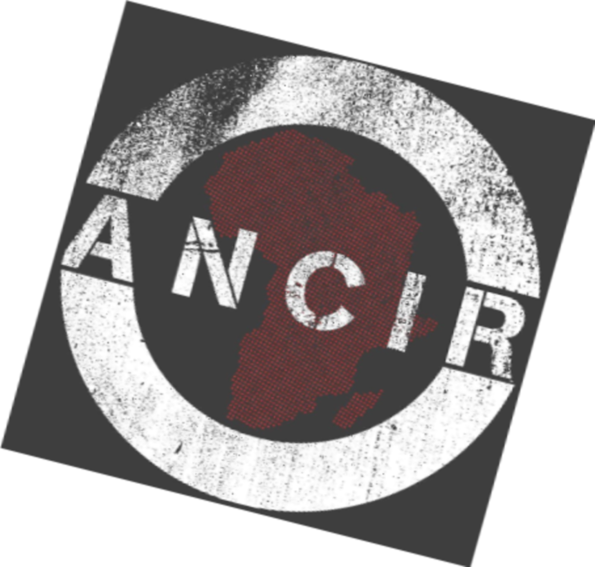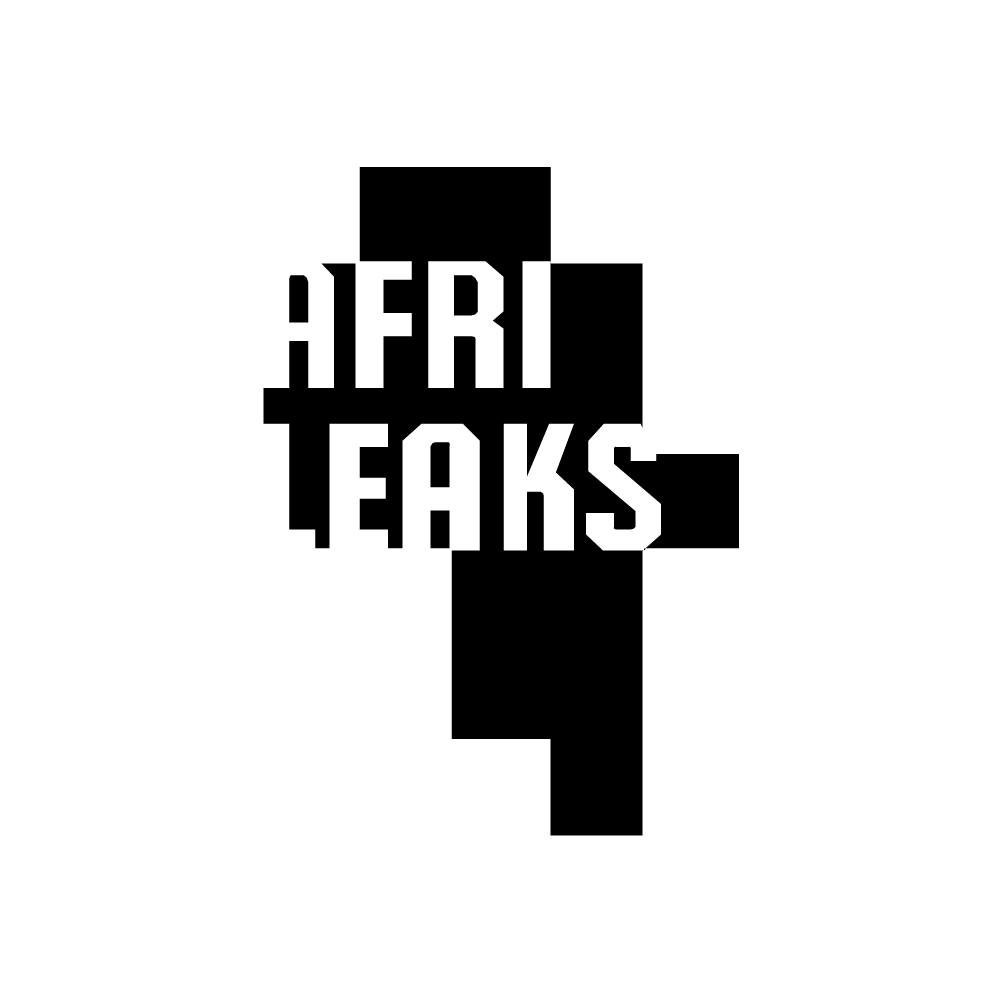Out of Africa, into tax havens
Each year, tourists cross the plains of central Zimbabwe to sleep near the roar of Victoria Falls, track elephants, cheetahs and pangolins, and dine under the stars.
The visitors are accompanied every step of the way by John Stevens, a man who has been called “perhaps the finest guide to come out of Zimbabwe”.
And while Stevens’ safari business is very much Zimbabwean, his financial universe is a classic creation of offshore globetrotting.
Stevens’ financial affairs, outlined in years of correspondence with Mossack Fonseca, the law firm at the center of the Panama Papers scandal, reveal how the poetry of Africa’s savannahs mixes with the day-to-day paper-pushing of offshore management.
Created in 2011, Stevens’ Guided Safaris Africa Inc. was headquartered on paper in the British Virgin Islands, a speck of land in the Caribbean nearly 100 times smaller than Zimbabwe’s largest safari reserve. It was set up to manage the Stevens’ family wealth and to act as a booking agent for an estimated $250,000 a year in “safari revenue”, according to files received by Mossack Fonseca. The company held a bank account in the Isle of Man, an offshore financial center in the Irish Sea between Great Britain and Ireland, and was owned by Stevens’ family trust.
Stevens’ company is one of at least 30 offshore African safari businesses created by Mossack Fonseca, according to an analysis of the Panama-based law firm’s records. While most of them are officially based in the British Virgin Islands, their day-to-day ventures are safaris that operate across southern and eastern Africa, from Namibia through Zimbabwe and Botswana up into Tanzania and Kenya. One operator could be found as far north as Egypt, offering a steel-hull pleasure yacht for a “live-aboard diving safari” in the Red Sea.
Mossack Fonseca is one of the world’s largest creators of offshore companies; businesses with few or no employees and that are usually located not where the company operates, but where taxes are low or secrecy is high.
The firm told ICIJ that “we merely help incorporate companies, and before we agree to work with a client in any way, we conduct a thorough due-diligence process, one that in every case meets and quite often exceeds all relevant local rules, regulations and standards”.
Tourists who come to Africa to view the continent’s beauty may think that their dollars, euros and yens stay in local economies, but this may not always be the case. The activities of some safari companies created by Mossack Fonseca in secrecy-conscious tax havens like the British Virgin Islands – which are known in shorthand as the BVI – concern transparency advocates and some governments that rely on tourism as a source of official revenue.
“In general, there is no legitimate reason why a tourism operator would need to route their transaction via a highly secretive jurisdiction such as the BVI,” said Savior Mwambwa, a tax reform campaigner at ActionAid International. “There is also nothing special about the tourism sector in Africa which would warrant offshore arrangements for payments from abroad … I can’t see any legitimate reason to channel bookings through the BVI and the Isle of Man apart from tax minimization.”
Stevens did not respond to repeated requests for comment.
Fifty-six million visitors visited Africa in 2015, according to the United Nations. In some countries, such as in John Stevens’ Zimbabwe, safaris and other kinds of tourism represent up to 5% of the gross domestic product.
Alvin Mosioma, executive director of the advocacy group Tax Justice Network – Africa, said tourism is a sector that’s prone to questionable tax practices because it is “almost impossible” to nail down a market value for services. That makes it easy for companies involved in the industry to book profits and costs in a way that shifts their tax burdens to low- or no-tax jurisdictions, he said.
The offshore system’s global sprawl provides plenty of choice in how to structure a financial scheme.
In 2013, representatives of a BVI-based company called Nature Trails International Limited wrote to its registered agent, Mossack Fonseca, to discuss its accounts. The company “receives payment from bookings for tours and travel in East Africa and from time to time contracts to pay local Kenyan tour operators for their services”, a business plan shared with Mossack Fonseca explained. Nature Trail’s sole shareholder was a company based in the secretive island nation of Mauritius, where Nature Trails also owned a bank account.
The company’s business plan said it sought to take advantage of tourism’s “momentum of rapid growth in the eastern African countries during the recent years.” The company was dissolved in 2014 for reasons not specified in Mossack Fonseca’s files.
A second company, Far Horizons (1998) Limited, existed “to organize, design and sell safari expeditions and adventures” through Africa. This company also held a bank account in Mauritius. Yet another company, Safaris Inc., was incorporated in the Seychelles and held bank accounts in Luxembourg. A fourth company, operating in Namibia, was headquartered in the BVI, owned a bank account in Liechtenstein and held meetings in Switzerland.
In Tanzania, Gerard Pasanisi, one of the country’s oldest and best-known safari guides and elephant conservationists, owned shares in at least four companies created by Mossack Fonseca. The first, Gerard Pasanisi Safari Corp., was created in the 1980s and used a Swiss bank account to pay routine bills from Mossack Fonseca. Pasanisi’s string of offshore companies remained active with Mossack Fonseca into 2015. They included a Dubai-based company, Tanganyika Expeditions Ltd., which banked in Switzerland and which and carried out “photographic safaris” in Tanzania.
Lawyers for Eric Pasanisi, Gerard Pasanisi’s son and in charge of the businesses, told ICIJ that the four companies are currently administered from the United Arab Emirates and that their legal and tax statuses are transparent in both the UAE and Tanzania. At the time the companies were incorporated, lawyers said, BVI and Panama were “the most popular and recognized jurisdictions” and “the companies regularly fulfil all their respective tax obligations in both countries”.
Above the border in Kenya, one of the leading safari dynasties, the Carr-Hartley family, asked Mossack Fonseca in 2001 to help create Safariland Inc.
According to a prospectus shared with Mossack Fonseca in 2013, Safariland Inc. helped deliver “extreme comfort with a taste of wild places off the tourist beat, where one can feel the rhythm and heartbeat of wild Africa, yet want for nothing.”
Safariland Inc. was based in the British Virgin Islands and used directors-for-hire with no connection to the Kenyan family. It shares the name of the company to which potential tourists are encouraged to contact the Carr-Hartley family online. Safariland Inc. expected to make half a million dollars a year, the Carr-Hartleys told Mossack Fonseca in documents sent in 2013.
Robert and William Carr-Hartley – fourth-generation Kenyan brothers who learned to ride rhinos before they learned to ride horses – had a busy relationship with Mossack Fonseca as their luxury safari empire expanded across Africa.
Robert Carr-Hartley also created The Raw Foundation in Panama in 2000 to distribute money to himself and his family. Mossack Fonseca offers private foundations to its clients as a way to pay no tax on their assets and guarantee secrecy and little paperwork, calling them “an ideal vehicle in the offshore industry.”
The Carr-Hartleys did not respond to repeated requests for comment.
The Raw Foundation also owned every share of another Panama company, Munga Munga Inc. In a poem shared in 2010 on Facebook, the Carr-Hartley brothers recalled having climbed – or “munga munga’ed” – up waterfalls in search of the mythical Kenyan Yeti.
Back in Panama and deep inside Mossack Fonseca’s electronic files, however, the company’s purpose was simply listed as “e-commerce.
This story was produced by the International Consortium of Investigative Journalists, together with the African Network of Centers for Investigative Reporting


